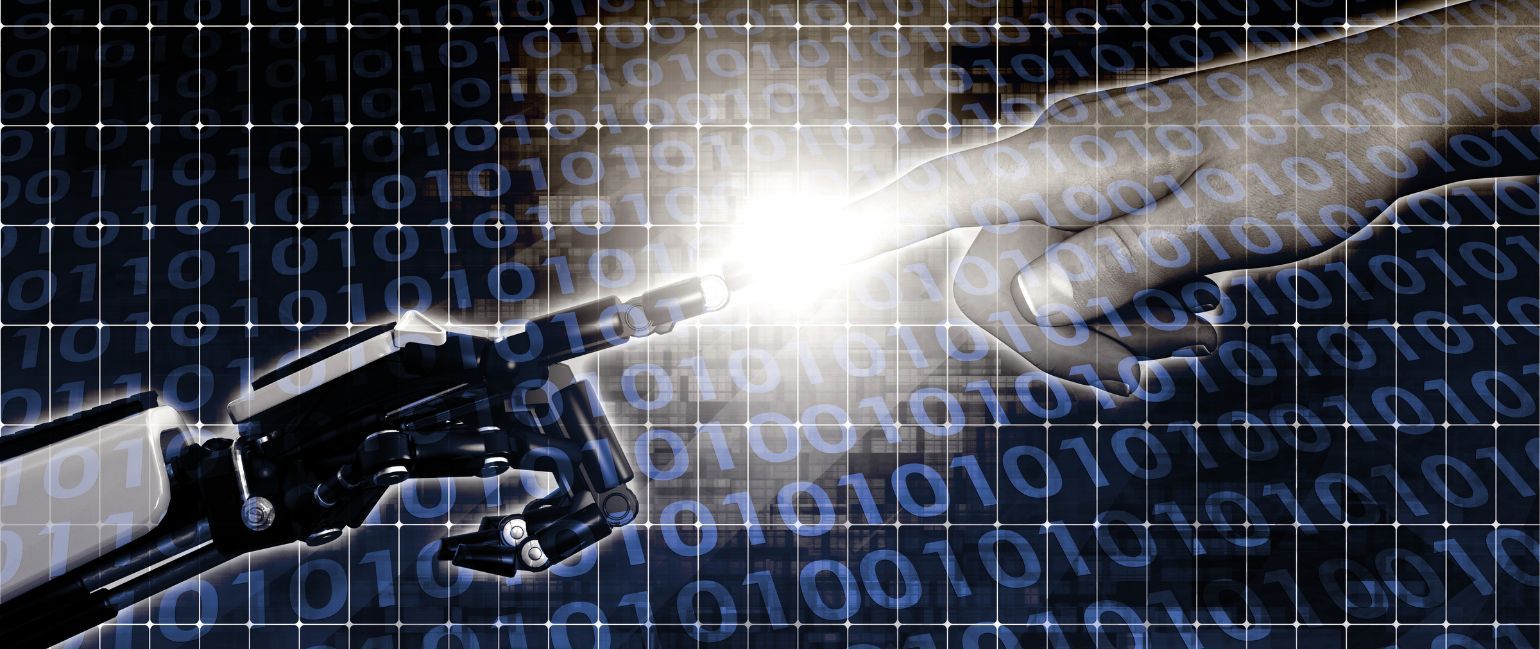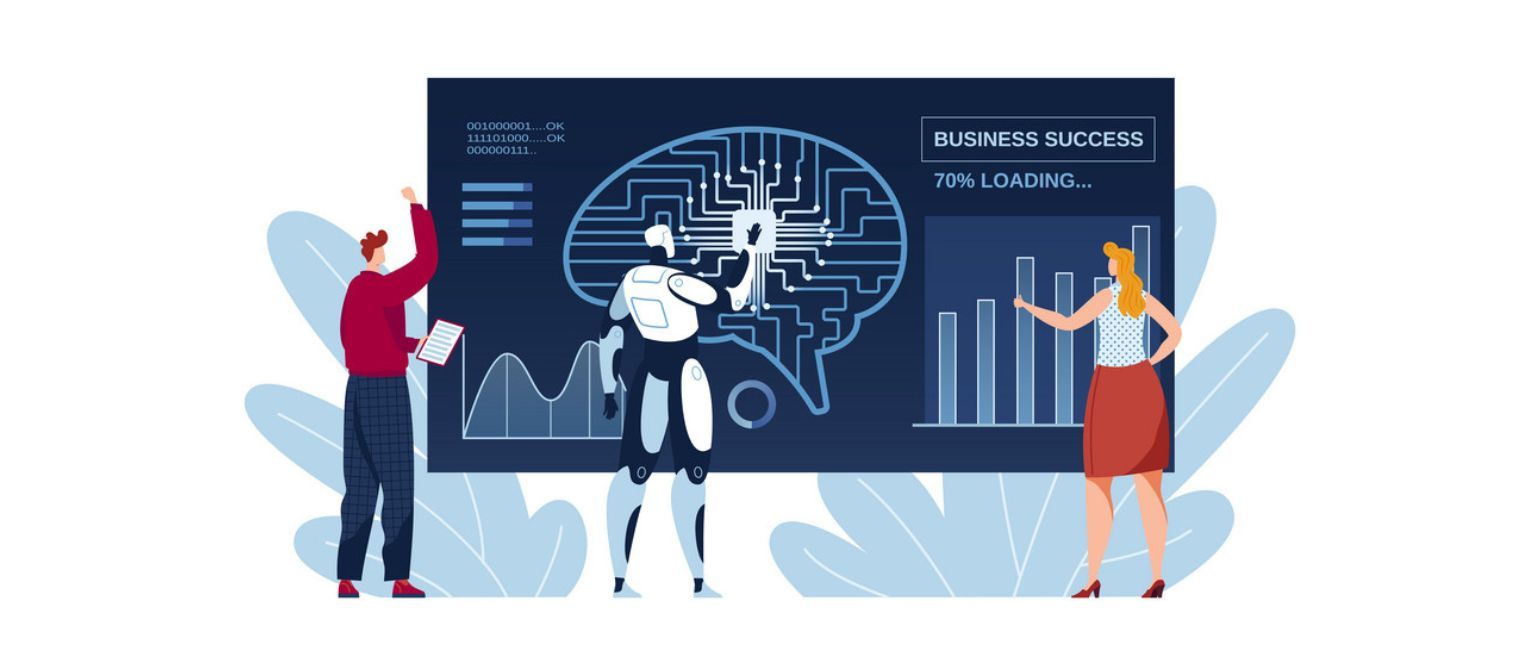Proponents of artificial intelligence anticipate another year filled with groundbreaking advancements. Is the global community prepared for it?
A couple of years back, I frequently had to explain why Future Perfect, a platform supposedly concentrating on the most significant global issues, dedicated so much of its content to AI.
However, post 2022, such inquiries became a rarity. That year witnessed AI transitioning from a specialized topic to a commonly discussed theme.
In 2022, sophisticated image generation tools like Stable Diffusion highlighted the threat of extensive automation to the design and art sectors, triggering artists to seek clarity. Consequently, the intricacies of modern machine learning systems, their learning processes, and training methodologies became mainstream topics.
Meta had mixed outcomes with the disappointing Blenderbot and the widely successful and strategic Diplomacy-playing agent Cicero.
OpenAI rounded off the year with the introduction of ChatGPT, the pioneering AI language model that amassed millions of users — potentially signaling the end of traditional college essays among other potential consequences.
And the future promises even more. On December 31, OpenAI’s president and co-founder Greg Brockman hinted at the excitement to come, tweeting that 2023 would dwarf 2022 in terms of AI progression and adoption.
AI's journey from hype to reality
A key characteristic of AI’s evolution over the past few years has been its swift pace. Machine learning scientists frequently use benchmarks to measure and compare the performance of different models. However, in today’s AI scenario, a benchmark barely establishes itself before a new model renders it obsolete. Following GPT-2’s release, significant effort was spent defining its limitations, most of which were overcome by GPT-3. Similar efforts were made for GPT-3, and ChatGPT has largely surpassed those hurdles. Of course, ChatGPT isn’t without its own limitations, many resulting from the reinforcement learning based on human feedback, used to fine-tune it to minimize offensive outputs.
But I would caution against drawing too many conclusions from these limitations; GPT-4, set for release in the upcoming winter or spring, is reportedly even more advanced.
While some artists find comfort in the limitations of current art models, others have wisely highlighted that subsequent models will not share these restrictions.
Besides art and text, which saw significant advancements in 2022, numerous other sectors stand at the brink of revolutionary breakthroughs through machine learning: music composition, video animation, code writing, translation.
Predicting which sectors will see advancements first is challenging, but by the end of this year, I believe artists won’t be the only ones confronting the sudden automation of their industry.
"Artificial Intelligence, deep learning, machine learning — whatever you’re doing if you don’t understand it — learn it. Because otherwise you’re going to be a dinosaur within 3 years."
Looking ahead at 2023
I believe it is beneficial for analysts to make precise predictions to allow readers to evaluate our accuracy. So, here are my thoughts.
In 2023, I anticipate the emergence of image models capable of illustrating multiple characters or objects and conducting more complex modeling of object interactions (an area current systems struggle with). These models won’t be flawless, but I suspect most criticisms about the limitations of existing systems will become redundant.
We can expect to see text generators outperforming ChatGPT (based on human evaluations) in responding to virtually all questions posed to them. We might be witnessing this already — as the Information reported that Microsoft, which has a $1 billion stake in OpenAI, plans to incorporate ChatGPT into its struggling Bing search engine. A language model-powered search engine could respond directly to search queries instead of merely providing links.
I expect a significant increase in the adoption of coding assistant tools like Copilot, with more than one in ten software developers regularly using them. (I wouldn’t rule out the possibility of half of software developers habitually using such tools, but that hinges.


